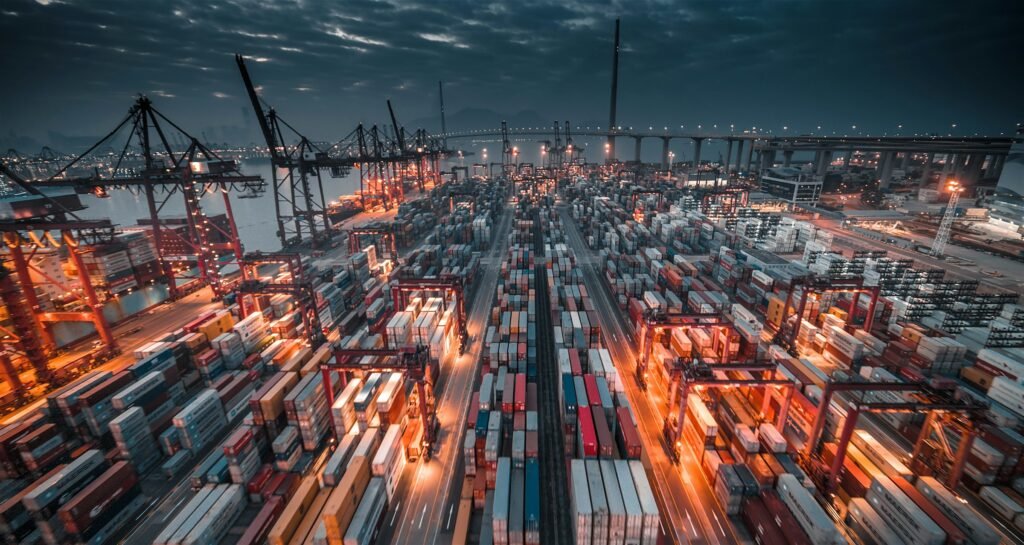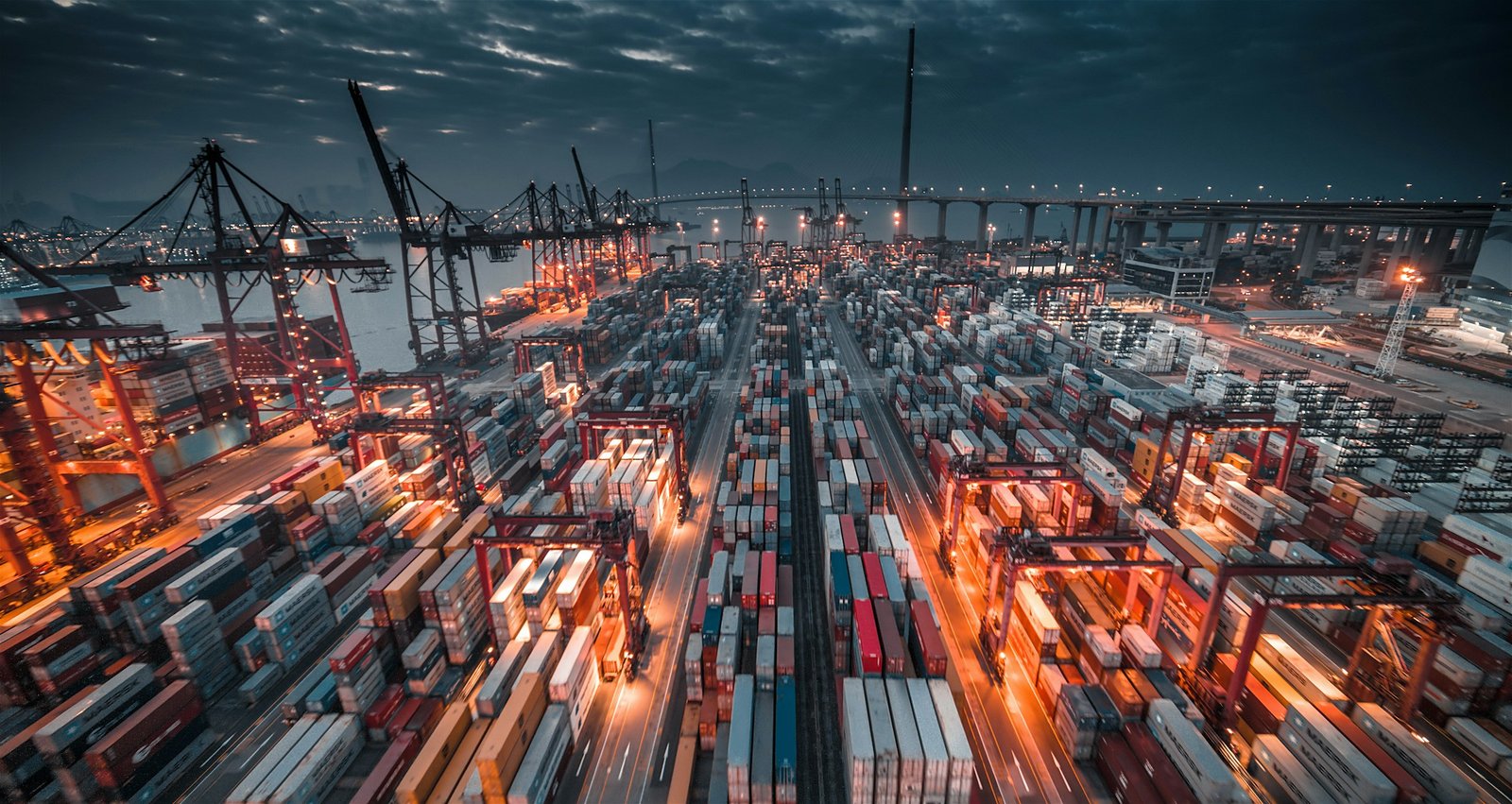
In today’s interconnected global economy, businesses face numerous challenges that can disrupt their supply chains, from pandemics like COVID-19 to geopolitical shifts affecting trade policies. At Mercanetix, we understand that relying on a single geography for sourcing can be a risky strategy. This blog explores why diversifying your sourcing is more critical than ever for ensuring business continuity and resilience.
1. Logistics Disruptions: Lessons from the Pandemic
The COVID-19 pandemic demonstrated how a single point of failure in the supply chain can ripple across industries. Border closures, port congestions, and labor shortages brought supply chains to a standstill, causing significant delays and losses. More recently, concerns over the HMPV virus highlight the fragility of global logistics networks.
- The Takeaway: Diversifying your sourcing to include multiple countries reduces dependence on one region, ensuring continuity even during crises.
2. Trade Wars and Tariff Uncertainty
Geopolitical tensions and changing trade policies, such as increased tariffs based on Harmonized System (HS) codes, can significantly impact sourcing costs. For example, recent trade disputes between major economies have resulted in fluctuating duties on goods, making imports from certain regions economically unviable.
- The Takeaway: By spreading sourcing across different regions, businesses can mitigate the financial impact of sudden tariff changes.
3. Natural Disasters and Climate Change
Climate change has increased the frequency and severity of natural disasters like floods, hurricanes, and droughts, which can disrupt manufacturing hubs. Countries heavily reliant on a single region are especially vulnerable to these disruptions.
- The Takeaway: Having a backup manufacturing base in a geographically distinct area ensures business continuity in the face of natural calamities.
4. Rising Labor Costs in Traditional Hubs
As economies evolve, labor costs in traditional manufacturing hubs like China have steadily increased. While these regions still offer expertise and infrastructure, diversification allows businesses to balance costs by exploring emerging markets with competitive labor rates.
- The Takeaway: Diversified sourcing enables a strategic mix of cost efficiency and quality assurance.
5. Supplier Scams and Quality Risks
Relying solely on a single region can sometimes expose businesses to supplier fraud or inconsistent quality. Diversifying allows you to vet suppliers across multiple regions and build a robust network of trusted partners.
- The Takeaway: Reduced risk of fraud and better quality assurance from a broader pool of suppliers.
6. Strengthening Supply Chain Resilience
Diversification isn’t just about mitigating risks; it’s about building a supply chain that can adapt and thrive in changing market conditions. A diversified supply chain can respond to market demands more flexibly and seize opportunities in different regions.
- The Takeaway: A diversified sourcing strategy positions your business for long-term growth and resilience.
7. Leveraging Regional Trade Agreements
Free trade agreements (FTAs) and regional trade partnerships can significantly lower costs and simplify the import/export process. By diversifying sourcing, businesses can tap into these advantages and gain a competitive edge.
- The Takeaway: Diversification allows businesses to capitalize on favorable trade agreements.
Conclusion: In an increasingly interconnected yet fragile global economy, relying on a single geography for sourcing is a risk no business can afford. Diversifying your sourcing not only safeguards your supply chain from unforeseen disruptions but also unlocks opportunities for cost savings, quality improvement, and long-term growth.
At MERCANETIX, we specialize in helping businesses diversify their sourcing by connecting them with reliable Indian manufacturers. With our expertise and comprehensive services, we ensure a seamless and hassle-free transition to a more resilient supply chain.
Ready to future-proof your business? Contact Mercanetix today for a free consultation on how to diversify your sourcing strategy and build a stronger supply chain.


